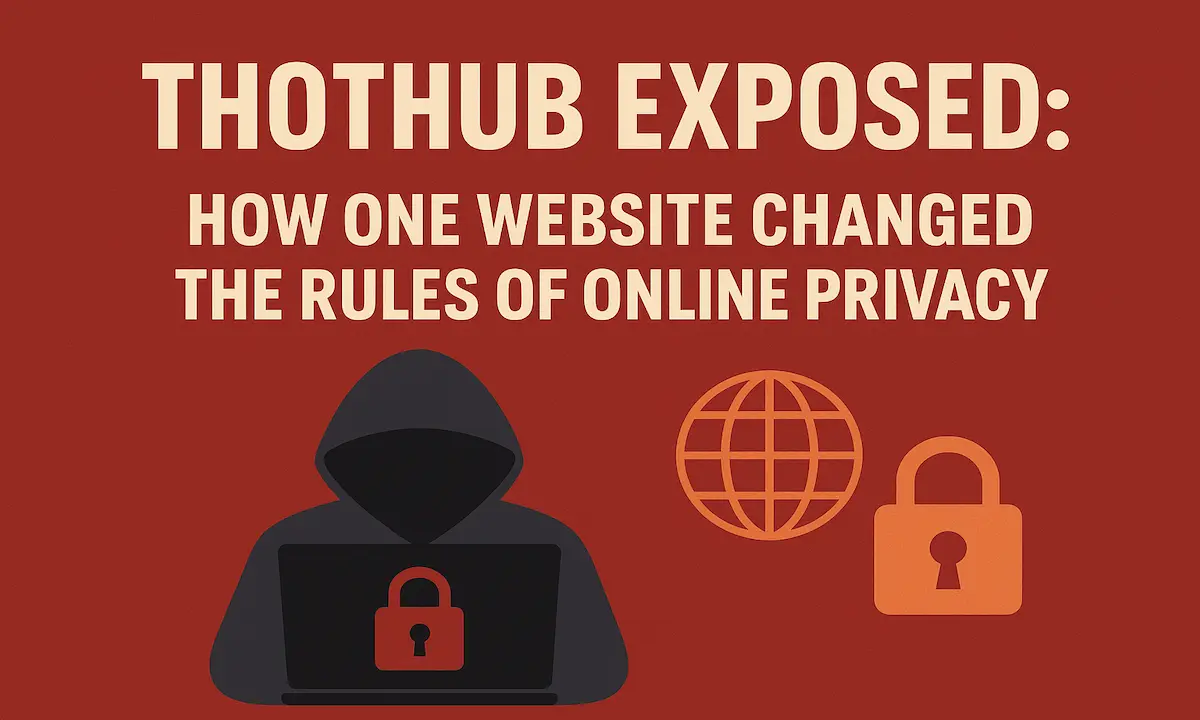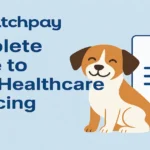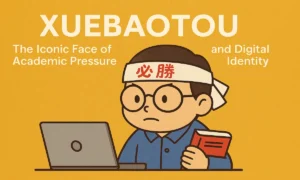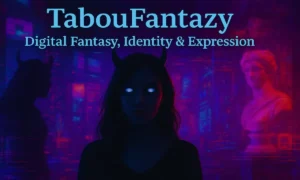Thothub wasn’t just another shady website—it became a symbol of how fast digital privacy can collapse. In just a few months, it turned into a global hotspot for non-consensual adult content, mostly stolen from subscription platforms like OnlyFans.
It’s been years since the site was taken down, but the conversations it started are more important than ever. From new cybercrime laws to creator safety tools, the internet is still catching up to the damage Thothub caused.
In this article, we’ll explore how the platform rose to power, how it was taken down, and what creators, users, and lawmakers are doing now to build a safer digital space.
What Was Thothub? A Quick Overview
Thothub launched in 2019 as a forum-style website. Its main purpose? To collect and share adult content without the creator’s permission.
Most of this content came from:
- OnlyFans subscriptions
- Snapchat Premium
- Patreon-exclusive media
- Private Discord and Telegram groups
Unlike encrypted dark web sites, Thothub was open to the public. No registration needed. No age checks. Anyone could scroll through sensitive content sorted by:
- Name of the creator
- Country or city
- Platform (e.g., “OnlyFans leaks”)
This structure made the site disturbingly easy to navigate, and very hard to stop.
Read More: How Wepbound Turn Online Chats into Real Bonds
Why Thothub Became So Popular So Fast
There are many reasons Thothub went viral so quickly:
1. Zero Barriers
There was no need for a login or payment. Users could browse freely, making it more accessible than even legal adult websites.
2. High Engagement
The site had a reward system. Members earned “reputation points” for uploading rare or exclusive content. These points increased their status in the community.
3. Social Media Integration
Many Thothub leaks were promoted on:
- Reddit (e.g., subreddits like r/OnlyFansLeaks)
- Twitter (often with the creator’s name tagged)
- Discord servers
This crossover boosted visibility and drove millions of visits.
4. Niche Categorization
Users could search for creators by ethnicity, country, body type, or specific fetishes. It encouraged voyeuristic behavior at a personal level, making it all the more dangerous.
5. Lack of Regulation
There was almost no moderation. Fake accounts, stolen credit cards, and scraped data were part of the norm.
At its peak, Thothub had over 2 million active monthly users, with thousands of new posts uploaded daily.
How Thothub Operated Behind the Scenes
The content on Thothub didn’t just appear magically. Here’s how it typically worked:
- A subscriber pays for content on a platform like OnlyFans.
- They download or screen-record the videos/photos.
- That content is uploaded to Thothub, often with creator names and tags.
- Users react, download, and sometimes request more.
- Some even traded content privately for cryptocurrency.
The platform ran on ad revenue, crypto donations, and even hosted links to third-party porn sites for affiliate income.
Shockingly, some users pretended to be creators themselves—uploading fake paywalls and phishing links to trap fans and steal money.
The Human Cost: Real Victims, Real Damage
While Thothub’s users saw free content, creators saw their lives fall apart.
💔 Mental Health Trauma
- Many creators experienced panic attacks, insomnia, and long-term anxiety.
- For some, the fear of being outed to friends or family led to depression and suicidal thoughts.
💸 Lost Livelihood
- When premium content becomes free, paying subscribers disappear.
- Several creators reported losing 70% or more of their income after their content was leaked.
🧍♀️ Social Repercussions
- Some were doxxed, blackmailed, or harassed online and offline.
- Teachers, nurses, and students who used platforms like OnlyFans were exposed publicly, facing real-life job loss or academic punishment.
⚖️ Legal Battles
- Victims had to pay for expensive legal help.
- Most were told, “It’s on a foreign server—we can’t do anything.”
“I felt naked in front of the world, and no one could stop it,” one creator said in a 2022 Buzzfeed interview.
Legal Firestorm: The Takedown of Thothub
Thothub came crashing down in August 2020 after growing pressure from creators and the media.
Key events:
- A 17-year-old Canadian girl discovered her private nudes uploaded to Thothub.
- Her legal team filed a case for child exploitation and cyber harassment.
- Multiple U.S. creators joined in with DMCA takedown requests and attorney-backed notices.
- The site’s hosting provider received thousands of complaints.
- Finally, the domain was suspended, and law enforcement opened investigations into the site’s admins.
Some suspected the site had links to offshore criminal networks, but exact ownership remained hidden behind fake registrations and crypto wallets.
Also Visit: Experience the Future of Online Networking with ATFBoru
What Happened After Thothub’s Shutdown?
Thothub’s takedown didn’t end the problem.
Clone Sites Emerged
- Within days, over a dozen “Thothub alternatives” popped up.
- Most were unsafe, full of ads, scams, and malware.
- Many tried to copy the Thothub interface, including color schemes and tag layouts.
They Didn’t Last
- Most were hosted in countries with weak laws, but pressure from journalists and advocacy groups got them taken down.
- Several sites turned into honeypots—tricking users to expose themselves or download viruses.
Platform Response
- OnlyFans introduced fingerprint watermarking to identify where leaks came from.
- Patreon banned accounts that shared off-platform content.
- Major tech companies began cooperating on cross-platform takedown protocols.
What Thothub Revealed About Online Culture
Thothub showed how broken parts of internet culture had become.
- Users normalized pirating from small creators.
- People forgot there are real humans behind paywalls.
- Respect for privacy and digital consent was treated as optional.
This isn’t just a legal problem—it’s a cultural one. And solving it starts with educating the next generation of users.
How the Internet Changed After Thothub
Thothub triggered a wave of transformation:
🛡️ Platform Protections
- Biometric verification for uploaders
- Watermark-based AI detection systems
- Speedy DMCA compliance dashboards
📜 Legal Updates
- U.S. EARN IT Act focused on child safety and platform liability
- UK Online Safety Act enforced content removal within 24 hours
- Canadian Privacy Act reforms introduced victim compensation funds
🧑🤝🧑 Creator Movements
- Adult Creators Alliance (ACA) helps creators fight back legally
- Digital Watermark Coalition offers tech support to track leaks
- The Creator Legal Fund provides financial help for lawsuits
Why Thothub Still Matters in 2025
Thothub’s story didn’t end with a shutdown. It raised important questions that we still face:
- Who controls digital content?
- How do platforms balance freedom and responsibility?
- What does consent look like in the digital age?
Educational institutions, law schools, and media ethics courses now use Thothub as a case study. Its name has become synonymous with digital exploitation.
What Users Can Do to Support Creator Rights
You don’t have to be a creator to help stop the next Thothub. Here’s what you can do today:
✅ Report leaked content if you see it
✅ Support creators by subscribing, not pirating
✅ Don’t repost or share leaks—even if “everyone else is”
✅ Spread awareness about consent and privacy
✅ Encourage platforms to invest in creator safety tools
Every ethical click helps rebuild trust online.
How Creators Can Protect Themselves in 2025
🔐 Practical Tips:
- Use AI watermarking software like Blur.io
- Track leaks with services like LeakSpy
- Set up Google Alerts for your name and content
- Encrypt files and avoid third-party cloud backups
💬 Community Support:
- Join advocacy groups like ACA
- Network with other creators to share best practices
- Speak out on platforms like X, Reddit, or Medium—your voice matters
Final Thoughts: From Controversy to Change
Thothub was a digital disaster—but it became a turning point.
It taught us that privacy is sacred, and exploitation online is just as damaging as it is offline. It also reminded platforms, governments, and users that digital freedom without responsibility leads to chaos.
In 2025, we have better tools, better laws, and a more aware generation of internet users. But we still have work to do.
Let Thothub be remembered not for what it took—but for what it forced the world to protect.
Frequently Asked Questions (FAQs)
Q1: What was Thothub?
Thothub was a public website that hosted and distributed leaked adult content, primarily stolen from subscription-based platforms like OnlyFans and Patreon. It operated without creator consent and became notorious for privacy violations.
Q2: Why was Thothub controversial?
The controversy stemmed from its role in distributing non-consensual, intimate content. It exploited creators, violated copyright laws, and exposed serious flaws in online privacy and platform accountability.
Q3: Is Thothub still active today?
No. Thothub was officially shut down in August 2020 after facing legal pressure and public backlash. While several copycat sites emerged afterward, they were short-lived due to increased legal enforcement.
Q4: How did Thothub impact content creators?
Creators suffered significant financial loss, emotional trauma, harassment, and legal battles. Many saw their private content leaked, reputations damaged, and livelihoods threatened by the platform’s activities.
Q5: What can creators do to protect their content in 2025?
Creators can use watermarking tools, AI-powered content trackers, DMCA enforcement services, and legal support groups.












